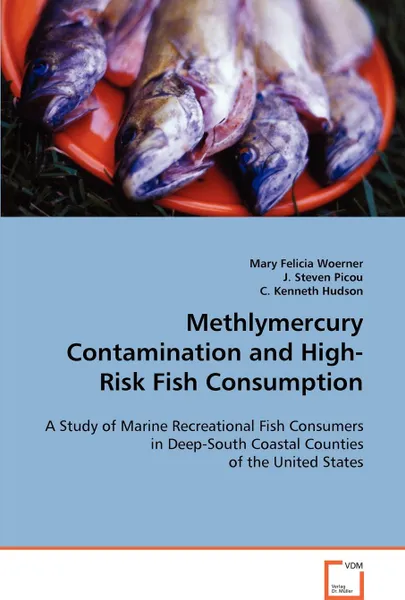Methlymercury Contamination and High-Risk Fish Consumption 12+
2008
84 страницы
Категория: Литература на иностранных языках
ISBN: 9783639051537
Язык: Английский
📘 Seafood consumption has drawn the attention of researchers from a variety of disciplines. One of the concerns is whether fish consumption is healthy or risky. While fish is considered a component of a healthy diet, the EPA and FDA issued advisories regarding the consumption of certain species of fish due to possibility of methylmercury contamination. Using a sample of people living in the coastal counties of Alabama and Mississippi who engage in recreational fishing, this study uses multivariate analysis to assess the effects of demographic, behavioral, and attitudinal variables on high-risk fish consumption. Previous research has revealed phenomenon known as the white male effect, which is associated with risky behavior. Our study shows that white males in the deep-South are indeed more likely than women and African-Americans to consume high- risk fish. We also find that that knowledge of government risk advisories regarding methylmercury and fish consumption actually increases, rather than decreases, the consumption of high-risk fish.
Мнения
